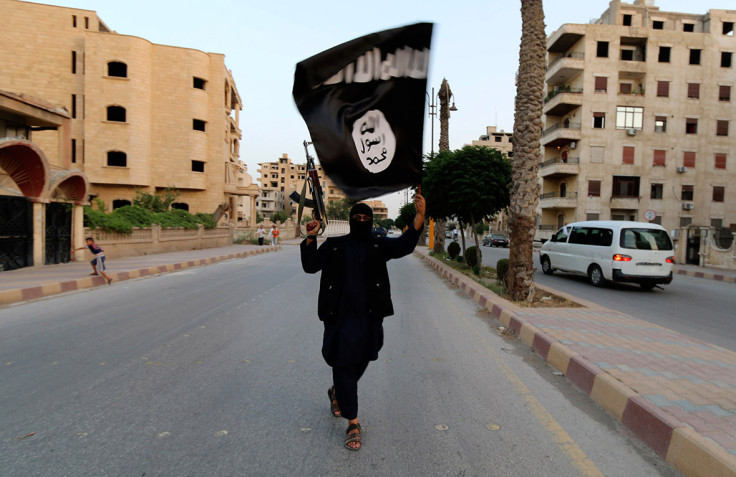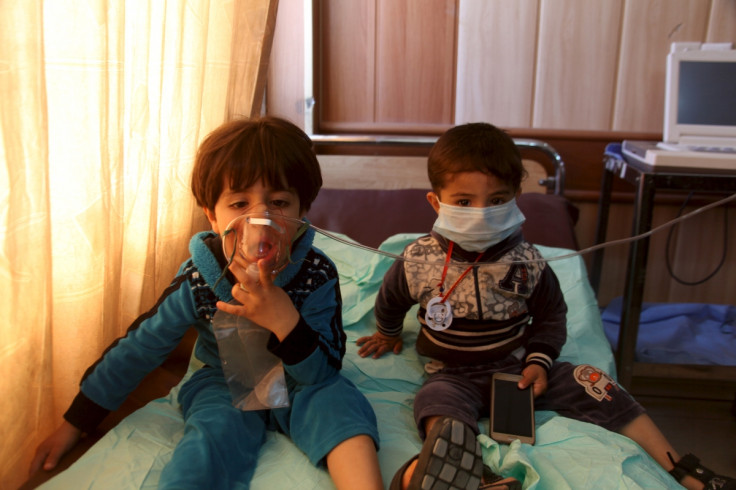Iraqi government is running out of money to combat Isis terror group

Internal turmoil caused by the collapse in the price of oil on the world markets has led to extreme budget cuts within the government of Iraq. The cuts are so deep the country is struggling to properly arm its police forces and fund the combat troops needed to stem the spread of the Islamic State (Isis).
According to The Telegraph, the move by Saudi Arabia to launch a price war over oil with its rivals in Iran and Russia has resulted in the further stabilisation of the Iraqi government – indeed, the revenues made from the sale of oil have reportedly dwindled by more than 50% in a single year.
The country's defence minister, Khaled al-Obeidi, told The Sunday Telegraph: "Of course, it has affected all aspects of the Iraqi government, and the first impact is on the Ministry of Defence."
Obeidi was speaking following a tour of Camp Speicher, which is a military base 80 miles (130km) north of the capital, Baghdad. On arrival, the minister, who took his position after the fall of Mosul to IS (Daesh) fighters, was met with a well organised, and apparently well-funded, group of fighters.
Breaking down
However, the Military Times reported once the minister's convoy headed out toward the front lines in the Samarra desert, Obeidi instead encountered declining conditions and a reliance on combat troops from the Popular Mobilisation Forces – a Shi'ite militia force. Indeed, even during his visit, one vehicle broke down and two Hummers in the official convoy ran out of petrol.
Adding to the dire state of affairs is the lack of weapons and funding currently provided to the Nineveh provincial police that is currently training to retake their homes located in Mosul.
"We have been regrouped here since the fall of Mosul," said Major Ayman of the police force. "We have been waiting here for five months but we have no weapons."

In addition to the lack of military funding, the Iraqi government is being forced to cut public sector pay which is adding to the frustration of the local populace. One off-duty officer said that everyone blamed the government and not economics for the downfall of the country. "
"Of course it's their fault, everyone agrees on this. As for the oil price fall, they should have thought about this before and built some reserves," he told the Telegraph.
Chemical attacks
The news comes as IS fighters continue to spread terror across the region. Most recently, on 12 March, the group launched a number of chemical attacks on the Iraqi town of Taza which injured up to 600 people. Hundreds of victims were forced to flee the area as security forces and medical aid struggled to cope with the chemical fallout which reportedly caused infected burns, suffocation and dehydration to those affected.
Meanwhile, the UK government announced that it will send 30 troops to Iraq to help combat IS and provide the training needed in areas such as logistics and medicine – bringing the total number of UK personnel actively involved in Iraq-based operations to more than 300. Defence secretary Michael Fallon said the deployment comes amid "solid progress" against IS in recent months.
© Copyright IBTimes 2025. All rights reserved.






















